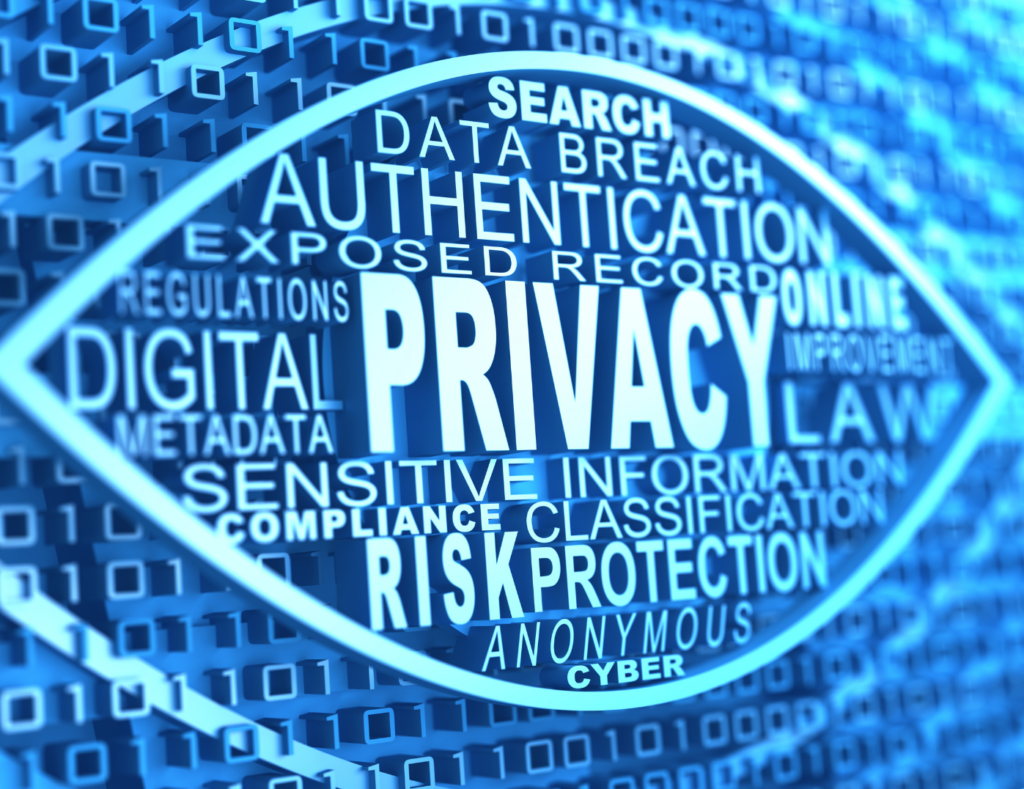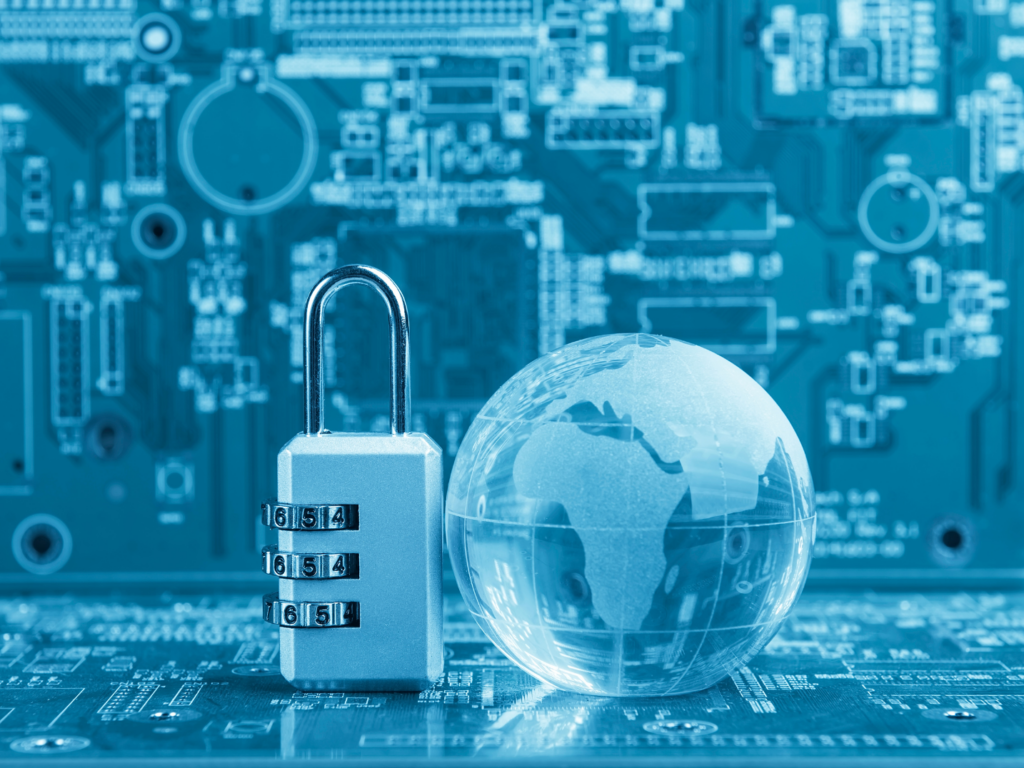In the hyper-connected world, privacy is more than a preference – it’s a necessity. Every click, search, and transaction online leaves a digital footprint, often exposed to prying eyes. Whether you’re browsing social media, shopping online, or working remotely, your personal data could be at risk. Thankfully, Virtual Private Networks (VPNs) offer a robust solution to bolster your online security and safeguard your sensitive information. In this post, we’ll delve into how VPNs work and the ways they protect your data.
The Basics of VPN Technology
A VPN, or Virtual Private Network, acts as a secure tunnel between your device and the internet. When you connect to a VPN, your data is encrypted and routed through a server operated by the VPN provider. This process masks your IP address and makes it appear as though your internet activity is originating from a different location. By doing so, VPNs offer several key benefits:

Data Encryption: VPNs use advanced encryption protocols to scramble your data, making it unreadable to third parties.
IP Address Masking: By hiding your true IP address, VPNs help protect your location and browsing habits from advertisers, hackers, and even internet service providers.
Bypassing Geo-Restrictions: Many VPNs allow users to access content that may be blocked or restricted in certain regions by changing their virtual location.
Lorem ipsum dolor sit amet, consectetur adipisicing elit, sed do eiusmod tempor incididunt ut labore et dolore magna aliqua. Ut enim ad minim veniam, quis nostrud exercitation.
Peter Jackson
How VPNs Shield Your Data
Avoiding Location-Based Restrictions Many streaming services, social media platforms, and websites impose geo-restrictions on content. VPNs let you connect to servers in different countries, giving you access to a wider range of content while maintaining privacy.
Protection on Public Wi-Fi Public Wi-Fi networks in coffee shops, airports, and hotels are notorious for their lack of security. Cybercriminals can easily intercept unencrypted data on these networks, putting your personal information at risk. A VPN encrypts your connection, ensuring that your passwords, credit card details, and private messages remain secure.
Anonymity and Privacy Internet service providers (ISPs) often monitor user activity and can sell this data to advertisers. Governments in certain countries may also track online behavior. A VPN shields your browsing history from prying eyes, giving you greater control over your online privacy.
Defending Against Cyber Threats Hackers employ various techniques, such as man-in-the-middle attacks and packet sniffing, to steal sensitive information. VPNs use strong encryption protocols that render intercepted data useless to attackers.


Choosing the Right VPN for Your Needs
Not all VPNs are created equal. When selecting a VPN service, consider the following factors:
- Encryption Strength: Look for VPNs that use AES-256 encryption, considered the gold standard in data protection.
- No-Log Policies: Ensure the provider does not store logs of your activity.
- Server Locations: A wider range of server locations offers more flexibility.
- Speed and Performance: Some VPNs slow down your internet connection, so choose one known for fast speeds.
Limitations of VPNs
While VPNs are a powerful tool for enhancing privacy, they are not a silver bullet. They cannot protect you from:
Data Sharing with Apps: Review privacy settings on apps that request excessive permissions.
Malware: Use antivirus software to guard against malicious software.
Phishing Attacks: Stay vigilant and avoid clicking suspicious links.
Conclusion
In an era where data breaches and online tracking are increasingly common, VPNs serve as a crucial layer of defense. By encrypting your data, masking your IP address, and providing access to global content, VPNs help you navigate the digital world more safely and privately. However, they are most effective when combined with other good cybersecurity practices. Stay informed, choose a reliable VPN provider, and prioritize your online privacy to keep your digital footprint secure.




